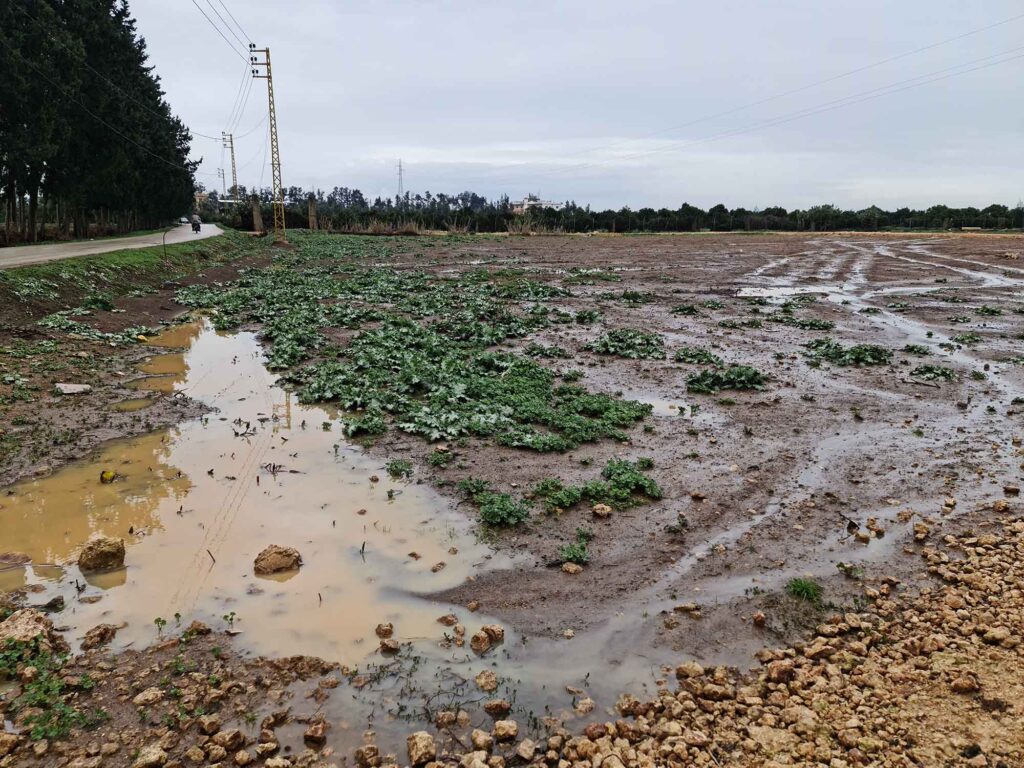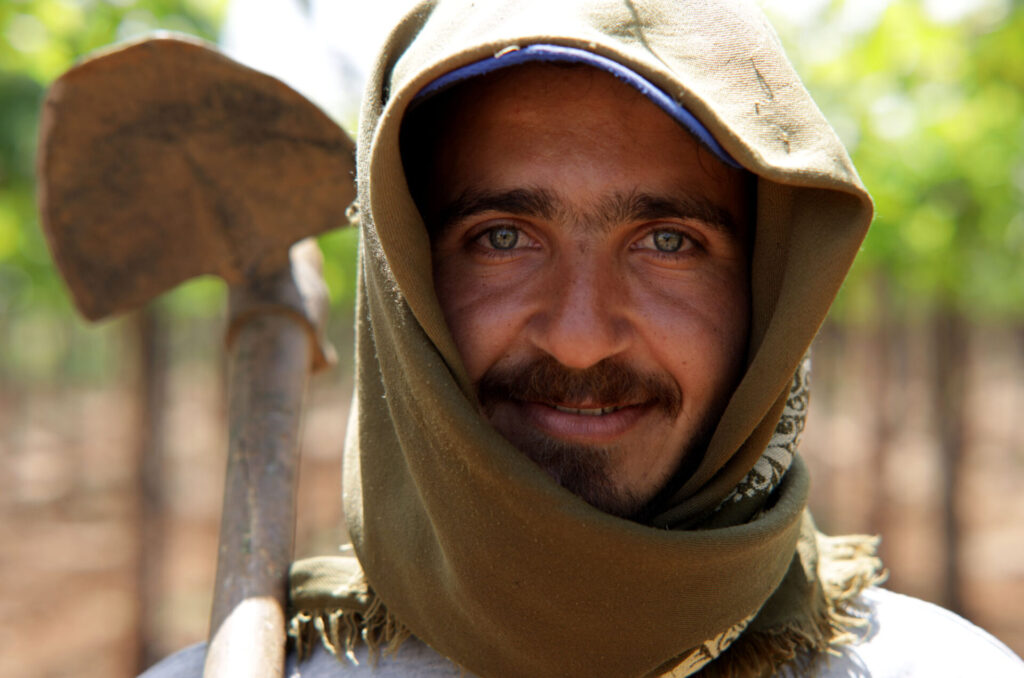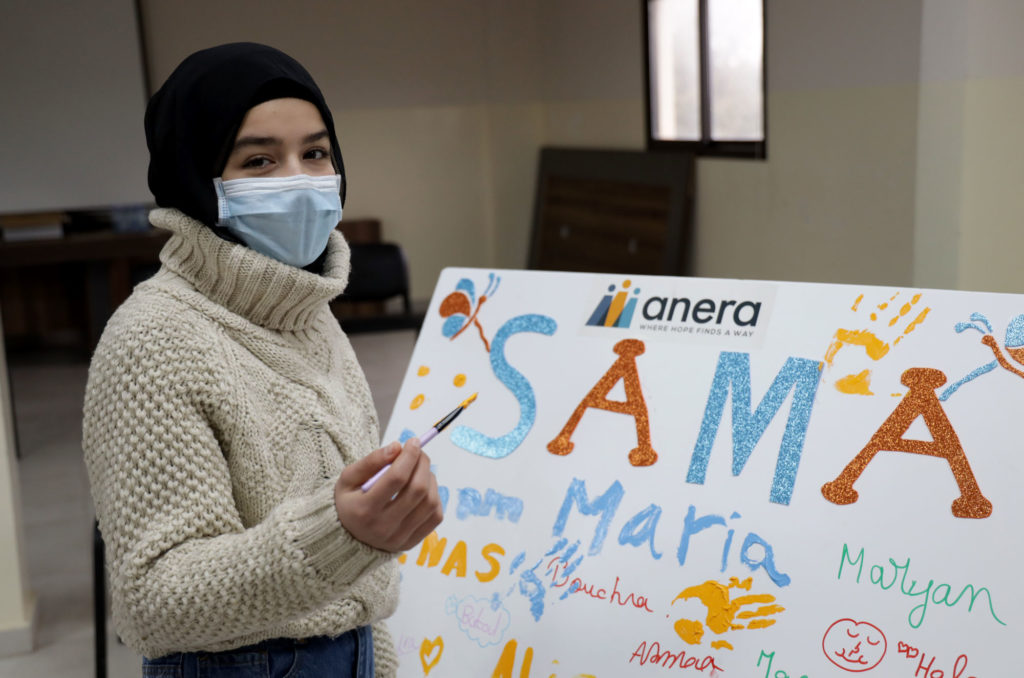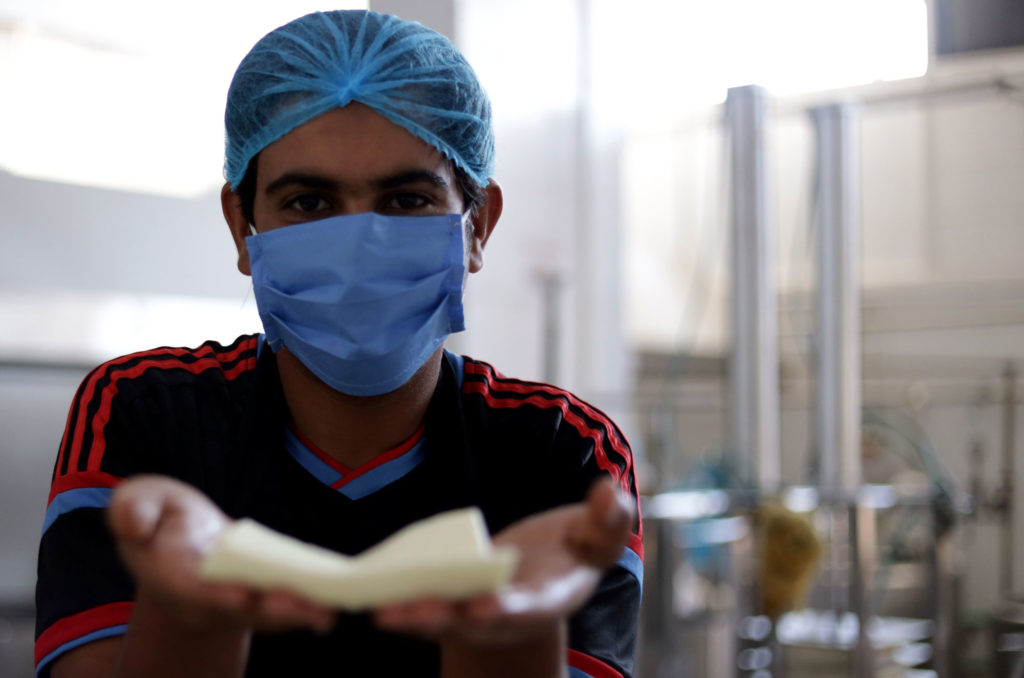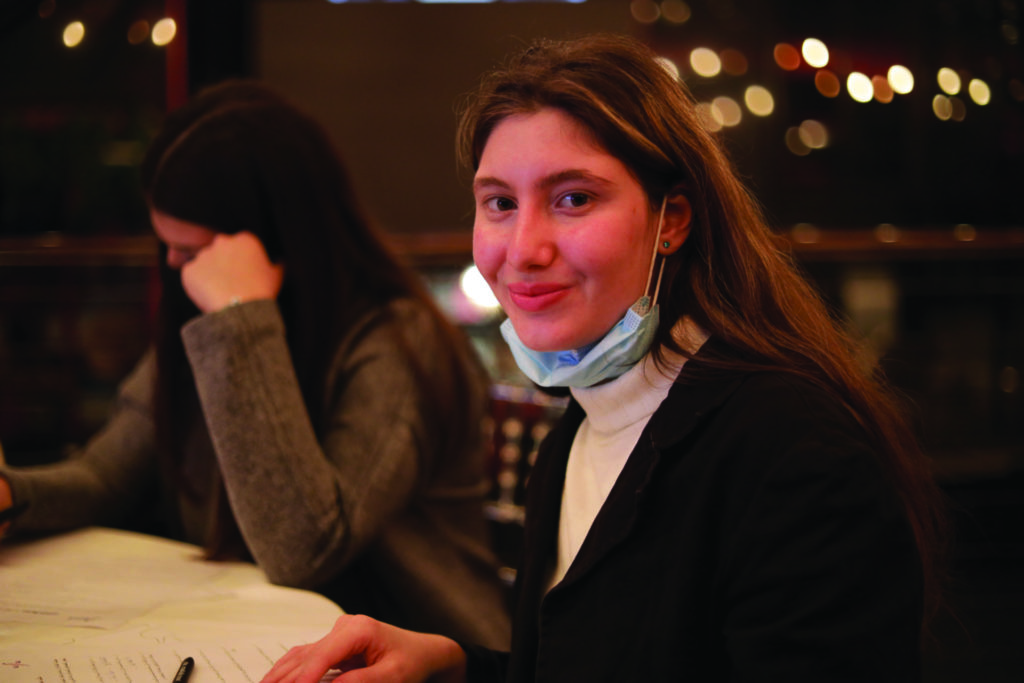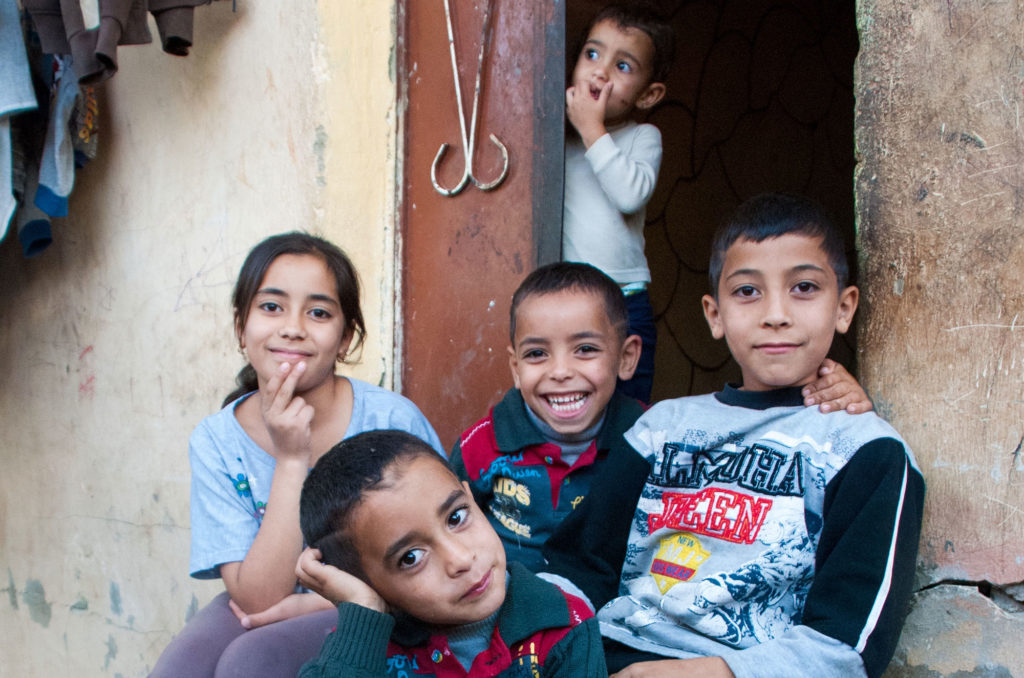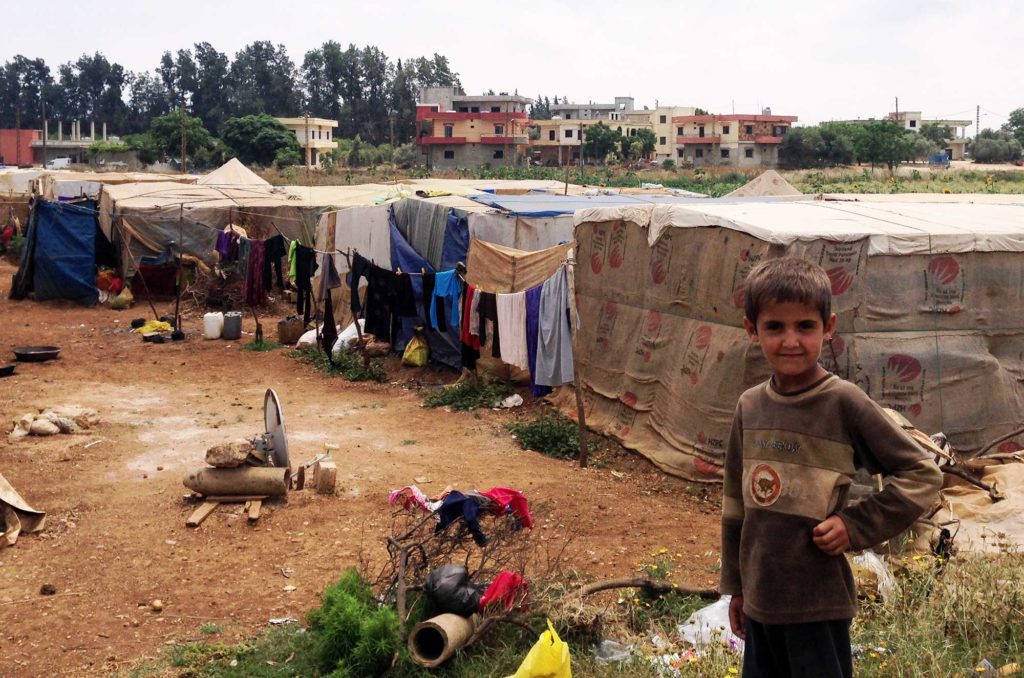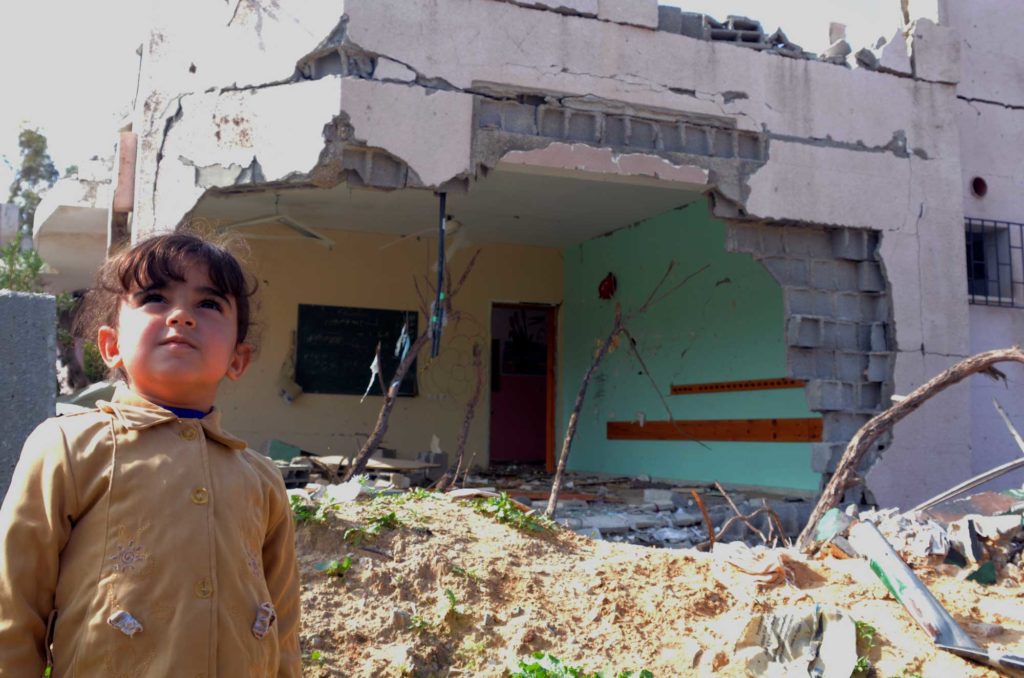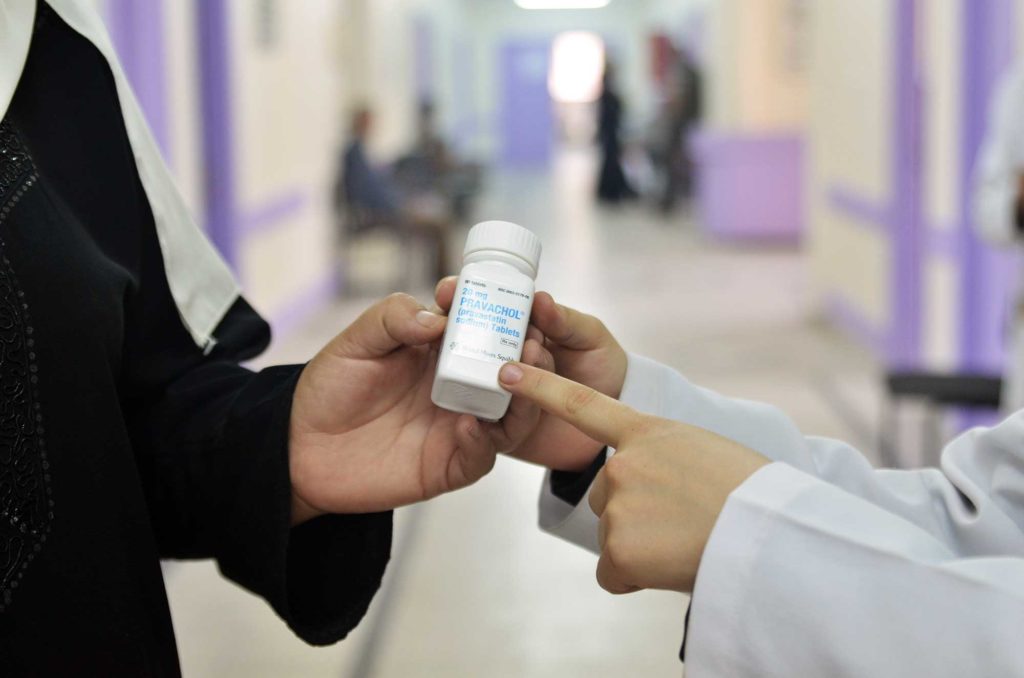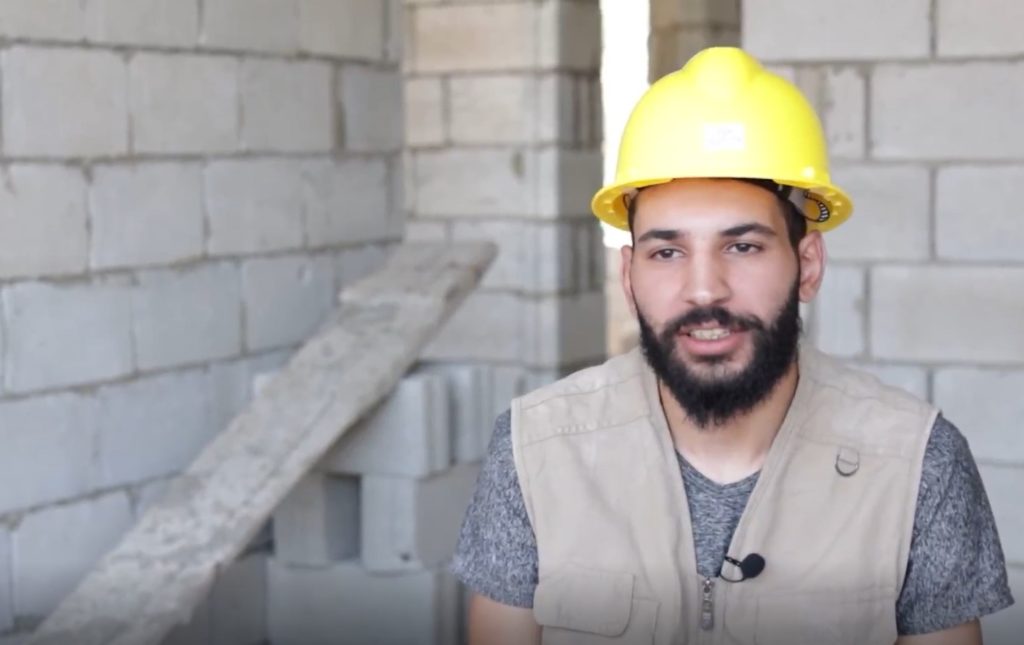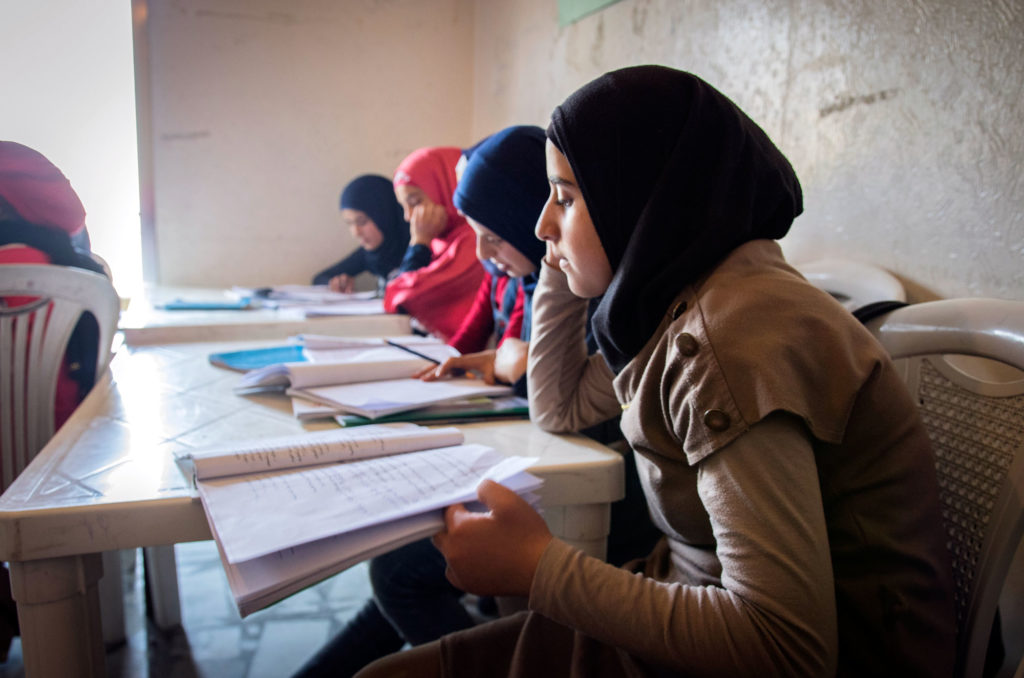The Reality
The onset of civil war in Syria in March 2011 created a growing humanitarian crisis that those throughout the Middle East still feel today. Some 5.5 million Syrian refugees are registered in Turkey, Lebanon, Jordan, Iraq and Egypt. And 2.6 million of those refugees are children.
The complexity — and gravity — of the Syrian refugee crisis demands a multifaceted response. Nonprofits, government agencies and local volunteers must continue to work together and foster meaningful collaboration with refugee camps and communities. Anera's efforts focus on supporting Syrian refugees in Lebanon. Our team of volunteers and staff work to develop health, infrastructure and education programs that restore dignity and quality of life to refugee communities.
Syrian Refugees in Lebanon
There are 1.5 million Syrian refugees in Lebanon, which is over one-fifth of Lebanon's population. All these displaced individuals do not have formal refugee camps to stay in and are forbidden by authorities from building formal camps or permanent homes. Instead, they rent cramped spaces in old Palestinian camps that have been there for decades or dwell in tent settlements and abandoned buildings. This situation has put a strain on the country's already unstable infrastructure and social systems — and made addressing the issue even more complicated for the nongovernment organizations on the ground.
Among the Syrian refugees in Lebanon are the “twice refugeed” — displaced Palestinian refugees from Syria. They join the quarter-million Palestinian refugees already living in formal camps in Lebanon. Syrians living in tented settlements have only tarp and tin to protect them from rain and cold winters, like those in Lebanon's snowy Bekaa Valley. The dirt alleyways that run through the camps often turn to mud and slush. Most individuals here do not have access to running water or electricity. The cramped tents each house an average of seven people, and some hold more than 20 in a single tent.
Tens of thousands of Syrian children have been born in these tented refugee camps since the start of the Syrian war. Without legal status, they cannot access formal education, public hospitals or any other public services. Thirty percent of school-aged Syrian refugees in Lebanon have never been to school, and only 11% are formally enrolled. They are also more susceptible to diseases as a result of poor sanitation and malnutrition.
Many of the other children who were born in Syria have no recollection of their home country. For these youth, their childhood is tainted with poverty, cold and hunger.
Syrian Refugees By The Numbers
30%
population growth in Lebanon due to the refugee crisis.
The largest concentrations of refugees live in the country's poorest regions.
800,000
Syrian refugees are registered in Lebanon.
The real number is believed to be nearly double that as many cannot register.
11%
of Syrian refugee youth are enrolled in school.
Schools are overcrowded, and Syrians often have to drop out to work and support their families.
Anera's Response
If you want to know how to help Syrian refugees facing a lack of housing, education, food and countless other essentials, partnering with Anera is a good place to start. We reach the most vulnerable individuals in the Middle East with development programs that build livelihoods, improve health and send kids to school. With our humanitarian and emergency relief in times of crisis and your generous gift, we can continue those and other efforts.
When you donate, your gift supports Anera's on-the-ground projects that help Syrian refugees. The winters in Lebanon's Bekaa Valley and northern regions can be cold, wet and snowy. Winterization and humanitarian relief from Anera provide the clothing, food, blankets, quilts and insulated mats families need to stay warm, fed and safe.
Of the countless struggles of Syrian refugees in Lebanon, the one with the most impact on the future is education. Non-formal job training and education allow young adults and teens to learn basic literacy, math and computer skills that build their job skills for the future. To combat the high threat of a "lost generation" among Syrian children, Anera organizes courses in English, Arabic and math. Syrian refugee children need this chance to catch up to their peers in the classroom.
We also offer psychosocial support to help children and teens recover from trauma, providing a safe environment for socializing with peers while enjoying sports and recreational courses.
In the crowded conditions of tent camps, Anera has distributed lice treatment kits to families and organized lice prevention training. Most children in the camps have never had proper healthcare like dental screenings, either. That's why Anera brought dentists to the camps to give 750 refugee children and their families dental screenings and treatment.
Anera's team of 130 staff members serve their Middle Eastern communities. Many of Anera programs address Syrian refugees' common needs and struggles. We provide support to vulnerable communities with your generous support, which goes directly toward top priorities at the moment.
In the remote Syrian refugee camp located in Arsal, Lebanon, Anera has begun promoting menstrual hygiene and health through our UNHCR-funded waste and recycling program.

